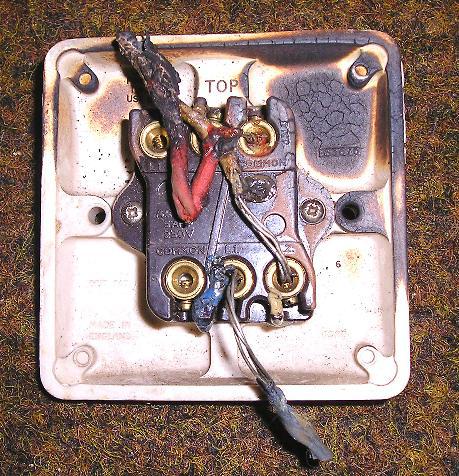
Being a landlord or a property developer is a big responsibilty - not least with regard to electrical safety. We at Safety First specialise in upgrading properties to ensure that they fully comply with electrical legislation.
Common faults include lack of RCD protection (sometimes called 'powerbreakers' or 'tripswitches'). Lack of adequate earth bonding and damaged accessories are also other common problems.
Electrical Safety, The Law and Landlords
Very little is enshrined in statutory legistlation to force landlords to take electrical safety seriously. So, aside from the moral onligation, WHY BOTHER?
This is one of those areas where the onus is upon the landlord to provide habitable accommodation. Neglecting electrical safety may or may not have consequences for the landlord - it is a lottery.
Take for example the case of a landlord who buys a property, gives it a lick of paint and rents it out without having the electrics checked or upgraded. Ninety nine times out of a hundred there are no problems. However, imagine that someone is seriously injured or dies due to a failure in the electrical system........
When the case goes to court, the landlord will be asked what steps he took to ensure the safety of the electrical installation. If the answer is "None - I didn't know I had to", then the landlord is in serious trouble.
It is a similar situation with fire protection - where battery-operated smoke alarms really are not adequate and a proper mains system is called for.
Additionally, there is the insurance issue to consider. Many insurance companies require a IEE certificate in order for the insurance to be valid. This will be buried in the smallprint and you will only find out when it's too late.
The frequency of the tests is left to the discretion of the electrical engineer. A maximum interval of 10 years is specified, but 5 years is more common.
Any appliances rented out with the property must also be PAT tested on an annual basis.
More information can be found here.
Link to BAW Estates, one of the area's leading property companies here.
Without an electrical check, how do you know whether or not the hidden cables look like this:


